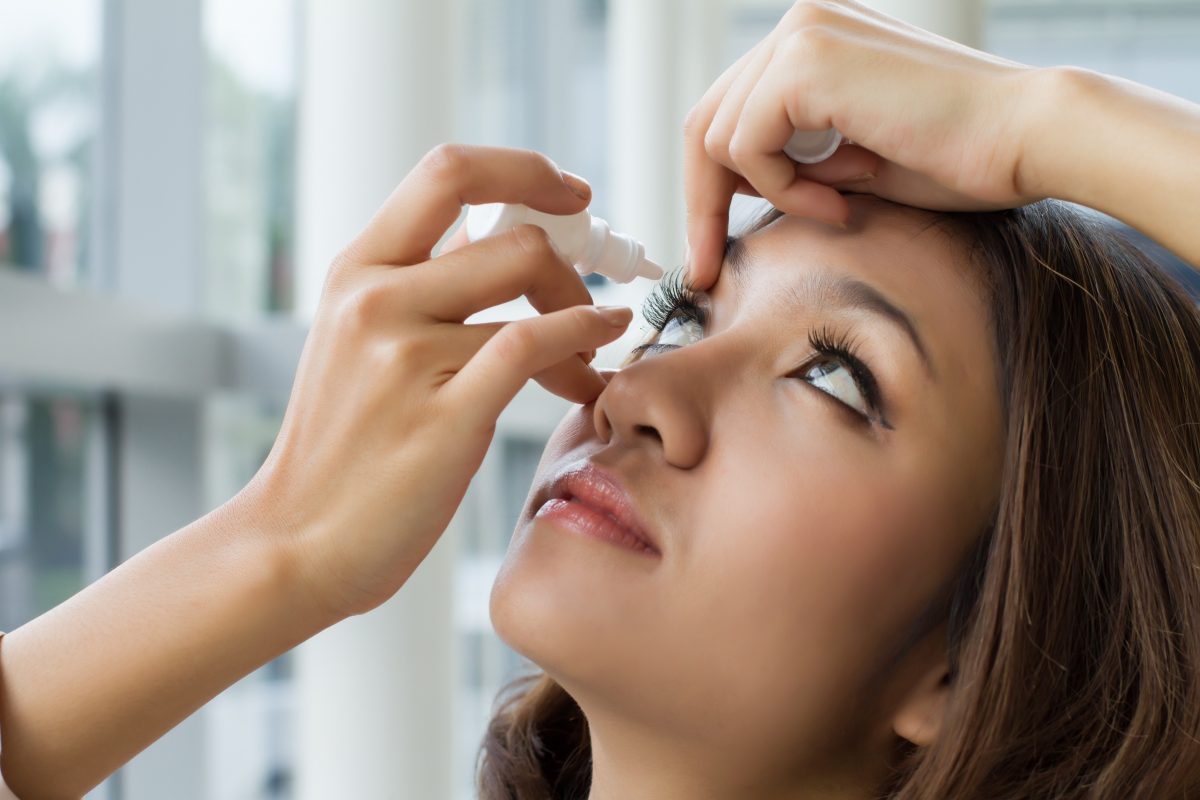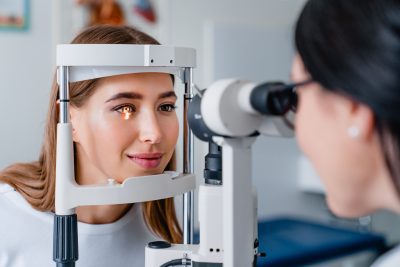In everything you do, your eyesight is one of the primary senses that enables you to do your tasks and influences decision-making. Thus, it’s essential to know the optimum eye care routine. Also, the quality of your eyesight is less likely to diminish over time when you know how to take care of your eyes. The following are steps you could take so your vision stays crystal clear for years to come.
- Learn Your Family’s Medical History
Knowledge of your family’s medical history can help you avoid certain diseases. Some eye conditions are hereditary and you could help yourself lessen the risk by being vigilant. Ask your elders if any of them had eye conditions that run in the family. Regularly seeing your eye specialist will also help you avoid developing the same eye disease. Additionally, staying up-to-date with regular eye exams and consultations will enable your eye specialist to monitor any potential genetic predispositions or early signs of eye conditions. If you are looking for a trusted eye specialist, you can find us here, where our experienced team is dedicated to providing comprehensive eye care and helping you maintain optimal vision health. By proactively discussing your family’s medical history with your eye specialist, you can work together to develop a personalized preventive care plan tailored to your specific needs.
- Visit Your Eye Doctor Or Specialist
The eye doctor is the professional to see when it comes to concerns with your eyesight. According to the American Optometric Association (AOA), anyone could benefit from a regular visit at least every two years to get a thorough assessment. Patients with confirmed visual health problems may see their preferred eye doctor annually or more to track the condition of their eyes and when changes occur.
There are various tests that patients undergo such as depth perception, acuity, and eye diseases. Optometrists and Ophthalmologists are using the latest technology in eye health testing to detect the presence of visual anomalies. You’ll also be tested for nearsightedness or if you have farsighted eyesight.
Eye doctors also check the eye muscles to make sure they’re working. Aside from that, they will also test color vision if the eyes are working in unison. You may visit this website if you want more information on what to expect when you see an eye doctor.
- Eat A Healthy And Balanced Diet
Keeping your eyes healthy, also involves what you take into your body. Your eyes also benefit from good nutrition and a healthy diet. Nutrients like bioflavonoids and Omega-3s keep your eyesight clear. Vitamins A, C, D, and E can help lower the risks of eye disease. Beta carotene, zinc, and copper will help slow down the progression of macular degeneration.
These vitamins and minerals are found in green leafy vegetables like kale, collard greens, and spinach. Fatty acids can come from tuna, salmon, and other types of oily fish. Eggs, beans, nuts, and non-meat foods may also be your source of protein. Citrus fruits are also good choices. When you’re eating well, you’re able to avoid Type 2 diabetes that could eventually lead to blindness.

- Take Care Of Your Contact Lenses
Contacts are a good option for those who are tired of wearing glasses. But unlike glasses, you have to pay more attention to contact lenses because they come in contact with your cornea. If you’re not taking care of your contacts properly, they can infect your eye and lead to injury.
Before wearing it, you must first wash your hands to avoid getting residue on them. Your contacts must get a new solution before bed. Those who spend most of their time in front of the computer must not forget to switch contact lenses. It’s also essential for them to rest their eyes and switch to wearing glasses for the next few hours.
There are some precautions to help minimize the risk of microorganisms breeding on your contacts. These include avoiding tap water to clean your lenses and changing the storage case every three months.
Make sure you’re also not keeping old contacts. Change them regularly and never reuse them for another month. Doing so is a good way to get an eye infection, so it’s best to throw them out. Also, avoid sleeping while wearing your contacts as your eyes can get inflammation and risk getting corneal cysts.
- Wear Sunglasses
A sunny day is always a good time to have fun, but not when Ultraviolet (UV) rays get to your eyes. Avoid getting sun damage by wearing sunglasses to block UV rays. It does affect not only the skin but also the sensitive tissues inside and in the surrounding area of the eye. Long periods of exposure to UV rays could also cause cataracts and macular degeneration, leading to blindness.
Get yourself a pair of sunglasses with lenses that have a coating against 95% of UVA rays and 99% of UVB rays. Be careful when choosing sunglasses because not all of them come with actual protection for the eyes. It’s essential to read the labels to tell if they come with protective layers or not. If you can, professional sunglasses might do the trick since they often come with the right lenses for you.
- Exercise
Regular blood circulation is always good for your well-being. It’s why aside from a healthy and balanced diet, physical activity could help you avoid a chronic health condition. Thus, this might lessen damage to your eyes. Exercise enables you to get your heart rate up. Also, it lowers the risk of diabetes, lowers blood pressure and cholesterol levels. If left untreated, these diseases could easily affect your eyesight.
- Quit Smoking
Most people know how smoking can cause severe damage to the lungs. But many also don’t know how much damage it could cause the eyes. Cigarette smoking can damage the optic nerve and you could develop macular degeneration and cataracts. Your eyes are also more likely to get dry and irritated.
It won’t be easy, but giving up smoking can lead to good health. Your eyesight will improve, and you’ll have more energy to get you through the day. It’s best to see your doctor get some help with how to stop smoking.
- Drink Plenty Of Water
The eyes need water to keep them moist. When you drink water regularly, it also helps keep dust particles and bacteria away from your eyes. It’s best to avoid dehydration as it could contribute to dry and irritated eyes. Dry eyes can become itchy and scratchy. Thus, this could lead to red eyes and a burning sensation if you scratch your eyes with unclean hands.
- Rest Your Eyes
Too much of everything is bad and that includes overusing your eyes. It’s not productive to keep focusing your eyes on something as the pressure could build up. Doctors recommend practicing the 20/20 rule when you are spending a long period in front of a screen. These include whether it is watching television, using the computer, or your smartphone.
The rule is for every 20 minutes of screen time, you must turn away and look at something 20 feet away for at least 20 seconds. Flex your eye muscles by blinking as well because we forget to blink when we look at screens.
In Conclusion
Caring for your eyes is a priority that you shouldn’t skip because your life is ruled by what you see. Your eyesight is one of the senses that would hinder you if you neglect to take care of it. It’s a must to follow these measures above and see your eye doctor regularly to keep your eye health in check.
